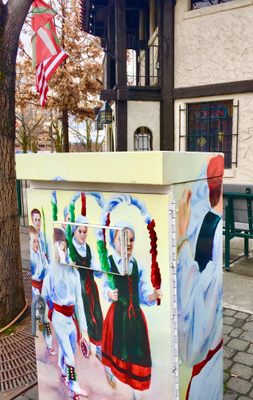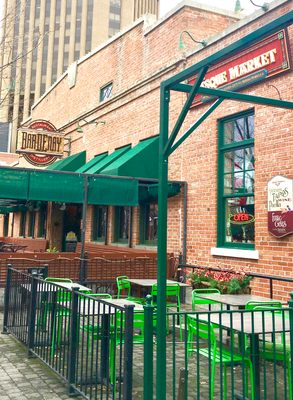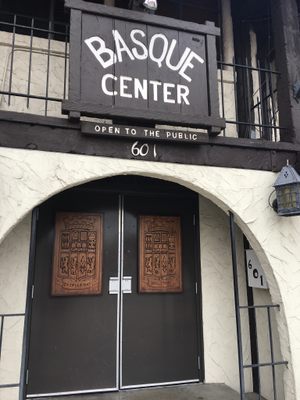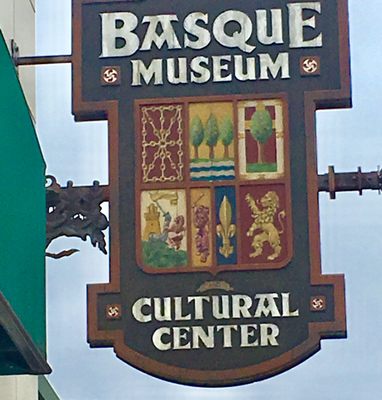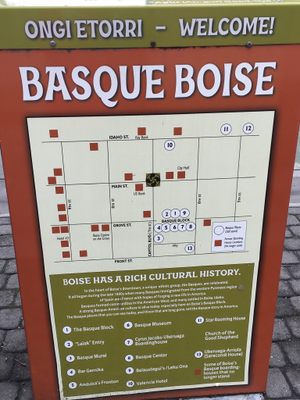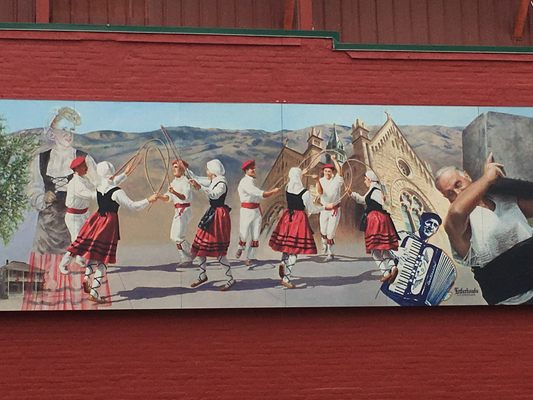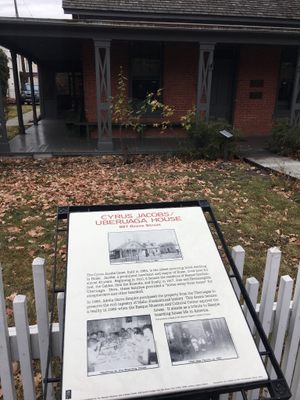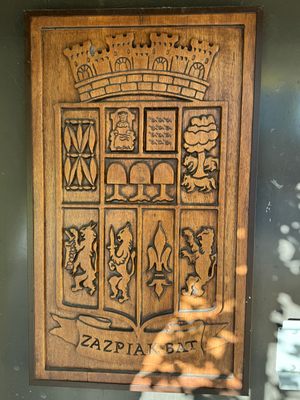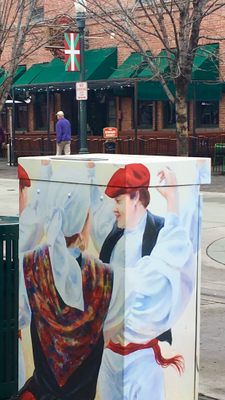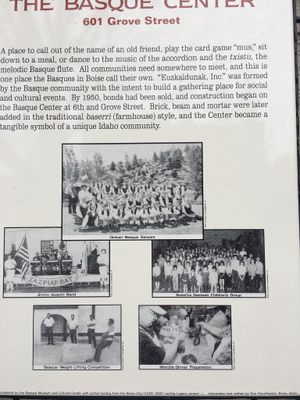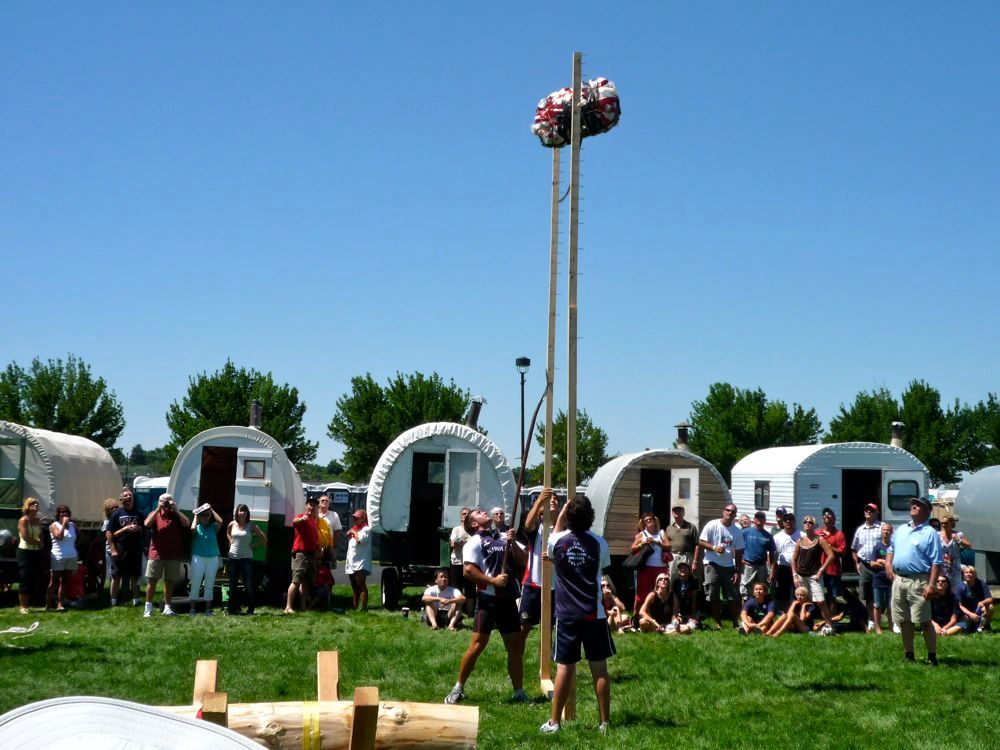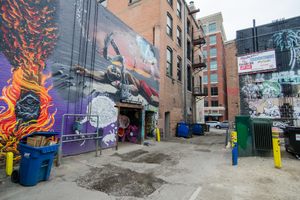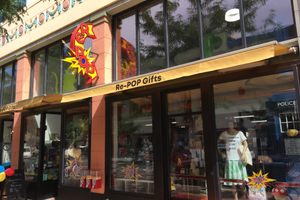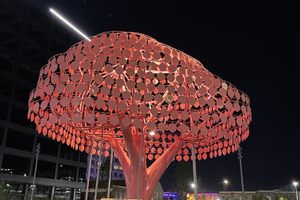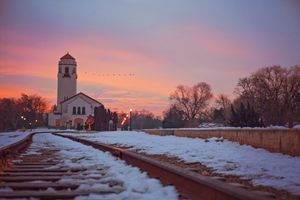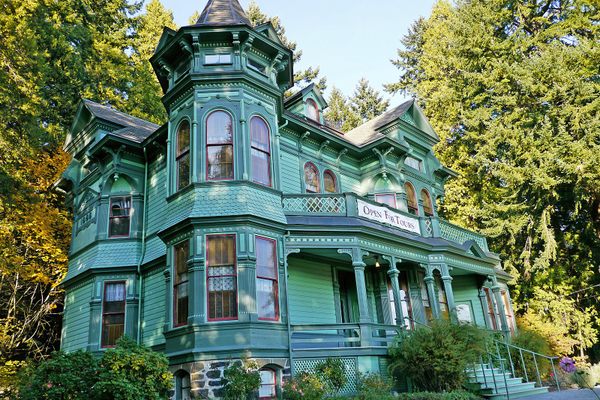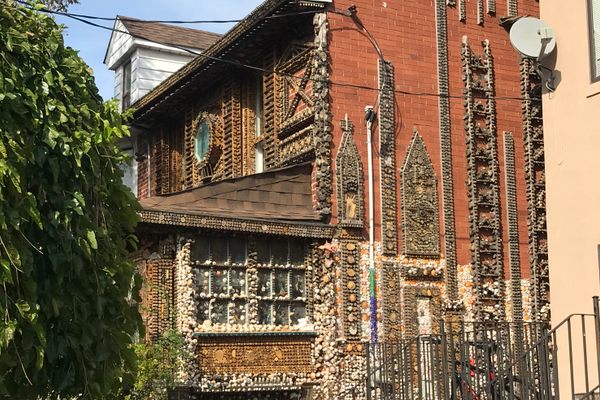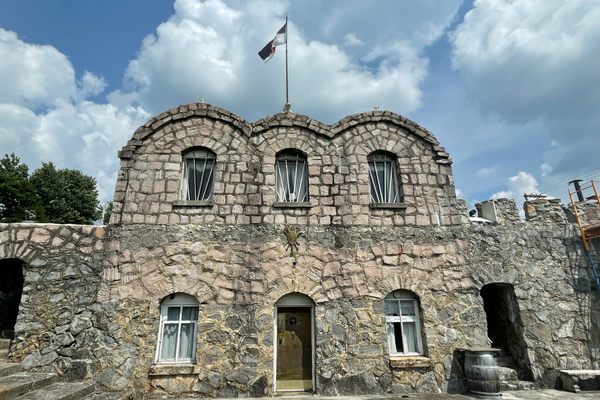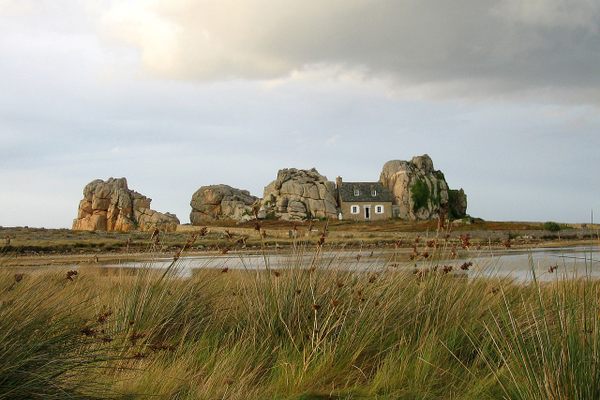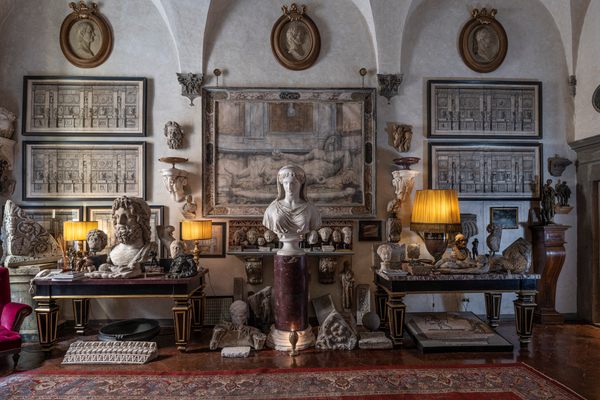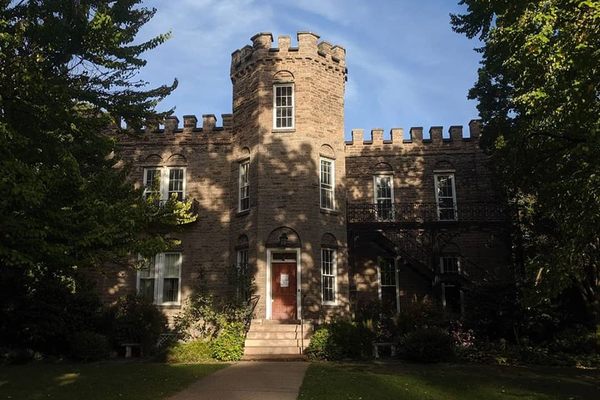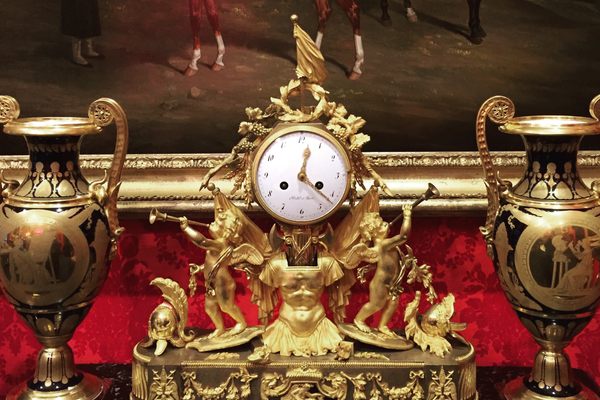About
In downtown Boise, Idaho, lies a small cluster of buildings dedicated to preserving the culture of Europe's mysterious Basque people.
Having inhabited the area surrounding the Bay of Biscay in southwestern France and northern Spain for up to 7,000 years, the Basques are a genetic and cultural anomaly in Europe. Speaking a language unrelated to any other known tongue on earth, and bearing certain distinctive genetic traits that have been traced back to pre-agricultural Iberia, the Basque have always been a source of confusion for European anthropologists and linguists. And though the Basque diaspora is extensive, with thousands of Basques having emigrated to Latin America during the 18th and 19th centuries, in most of these countries, the Basques assimilated into the culture on all levels and lost their ancestral tongue during the process. However, there is still one block in the United States that remains devoted to preserving Basque heritage in the western hemisphere.
Most Basques in the United States migrated westward, settling primarily in Idaho, Nevada, Montana, and California. They worked mostly in the livestock industry as ranchers and herders. Small towns throughout the western United States still host annual Basque culture festivals, but nowhere in the Americas is the old world culture more celebrated than in Boise.
The Basque Block in Boise consists of a small number of cultural centers and businesses that maintain every aspect of Basque culture as accurately as possible, from its hearty culinary traditions on down to the charming plaster and wood-frame "etxea" architecture. Some of the businesses on the Block include two boarding houses and meeting centers, the Cyrus Jacobs-Uberuaga House and the Anduiza Fronton building, where visitors can witness Basque dance recitals or play the original Basque version of the sport of jai alai. There is also a Basque Cultural Center, called "Euzkaldunak," where many of the community's elderly members gather to play "mus," a traditional card game. The Block also features two unique eateries: Bar Gernika, named for the small town immortalized by Picasso following its destruction by Nazi firebombing, and Leku Ona, a more upscale dining destination. Bar Gernika is known for its famous beef tongue, which is only served on Saturdays until they run out. There is also a Basque market nearby. Finally, the Basque Museum & Cultural Center offers visitors a comprehensive history of the Basque homeland and diaspora.
Perhaps the Block's most unique feature is the Jaialdi festival, held only every five years. Jaialdi is a wholly traditional celebration of Basque culture, featuring music, dance, food, drink, and games from the old country. According to local Boiseans, the police (many of whom also claim Basque ancestry) rarely interfere with the celebrations, and allow the bacchanalia to spread through the streets and avenues of downtown Boise in tribute to the village-wide drinking festivals of the ancestral homeland.
Related Tags
Know Before You Go
Go to Bar Gernika early if you want to try the beef tongue because it will sell out.
Community Contributors
Added By
Published
August 18, 2014



